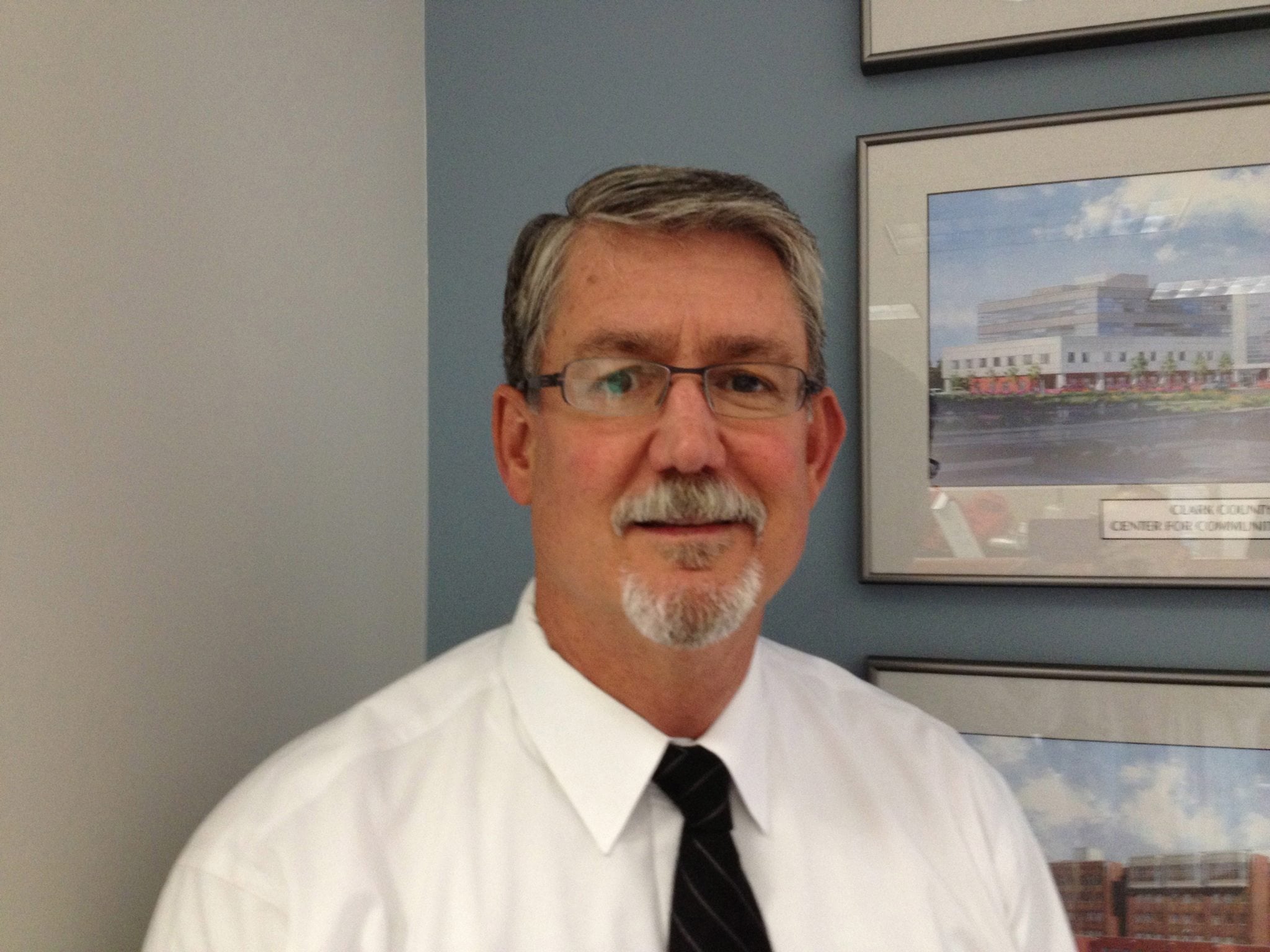Recent accusations by Clark County Councilor David Madore that his fellow councilors and the acting county manager violated the Open Public Meetings Act may have merit, open government experts say.
The allegations were borne from last week’s board time meeting, when Acting County Manager Mark McCauley revealed he had not sent a public meeting notice to The Reflector, the county’s newspaper of record, announcing a public hearing on March 22 that was scheduled by resolution in September. The deadline to publish that notice in the Battle Ground weekly has passed.
Three of the five councilors, McCauley explained, were uninterested in the topic: a charter amendment Madore proposed limiting Clark County’s ability to raise property taxes.
“I anticipated this outcome,” McCauley said. “I didn’t want to publish a public notice for a hearing that wasn’t going to occur.”
Toby Nixon, president for the Washington Coalition for Open Government, said the action “reeks of a public meetings violation.” Nixon is a city councilor in Kirkland and said “there would be hell to pay” if Kirkland’s city manager had done the same thing.
“You just don’t do that,” he said.
The new county charter was adopted by voters in November 2014, and the final two councilors were seated in January. In September, the three-member council adopted a resolution scheduling a hearing on a charter amendment proposed by Madore. The Republican councilor’s amendment would expand on state law that prevents counties from raising property tax revenue by more than 1 percent annually.
Counties can decide not to collect the increase, allowing that capacity to be banked and used in following years. Madore’s proposed amendment would have limited Clark County’s ability to use its banked capacity — which will sit at 5 percent this year — unless first approved by a countywide vote.
Republican Councilors Julie Olson and Jeanne Stewart, as well as Chair Marc Boldt, no party preference, said at Wednesday’s meeting that they do not want to pursue the amendment, though they did not officially vote to repeal last September’s resolution.
When Madore pressed McCauley at board time Wednesday about why the hearing scheduled by the resolution hadn’t been noticed, the county manager explained that after one-on-one conversations with each councilor that it was clear a majority wasn’t interested.
“I can count,” said McCauley, who did not wish to comment further when reached Friday.
But Nixon said while McCauley can have one-on-one conversations with county councilors, what he learns in those meetings “doesn’t give him authority to abrogate a resolution of the county and cancel the meeting himself.”
“I don’t think it’s something he can undo personally,” he said. “I think you have to have a vote to change.”
Attorney weighs in
Eric Stahl, a media law attorney at the Seattle-based Davis Wright Tremaine law firm, said holding individual serial meetings with the county manager violates state open meetings laws. Stahl provides legal representation and advice to The Columbian.
“There’s nothing wrong with councilors having one-on-ones with the manager,” he said. “But it becomes an issue when the manager treats those meetings as a way to count noses, or to undermine the requirement that the council can only take collective actions in a public meeting.”
Madore did not respond to Columbian requests for comment but posted on his Facebook on Wednesday that “collusion rescinded citizen’s right to vote to limit property tax hikes.”
“The board action of rescinding a resolution is county business to be conducted in a public meeting,” Madore said. “Rescinding it behind the scenes with a quorum of council members in private is called collusion and is illegal.”
Boldt on Friday admitted that the council did not handle canceling the public hearing properly, saying the council will need to revisit the issue at a later meeting.
“To that degree, David (Madore) was probably right,” he said.
Any action taken at a meeting that violates the Open Public Meetings Act is null and void, according to the statute. A member of a governing body who knowingly attends a meeting violating the Open Public Meetings Act could face a $100 fine per violation.
“I think next week we’re going to have to figure something out,” Boldt said. “I guess we’ll just have to live with whatever consequences.”




